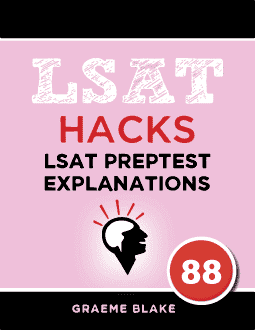Paragraph Summaries
Passage A
- Good narratives requires lying.
- But there’s a distinction between telling lies and making mistakes. A lie is intentional and adds to the story. A mistake accidental and detracts from it.
- To get away with necessary lies, you need to be subtle. Shakespeare did a good job of this. This distortion of truth makes the drama of human lives meaningful and memorable.
Passage B
- False/incorrect memories may be more vivid and emotionally significant than an actual memory.
- In autobiographies, when actual events don’t convey emotional experiences, the writer can choose to use a false memory instead.
- Lying is inevitable in an artistically coherent autobiography. Readers read autobiographies for more than an objective view. If false memories have emotional power, then it’s even more misleading to omit them.
- The author feels that lying in autobiography is unethical but nonetheless, realizes that it isn’t detrimental to autobiographies, which lie between fact and fiction.
Analysis
Both of these passages are concerned with lying in storytelling. Passage A talks about lying in historical novels, explains how lies affect stories, and gives an example of an author (Shakespeare) who used lies to make his work better.
Passage B focuses on the specific case of lying in autobiography writing. This author agrees with Passage A’s author that sometimes it’s better to include lies in writing about things that happened in the past. However, the author feels unethical for including “false memories” in autobiographies.


Leave a Reply